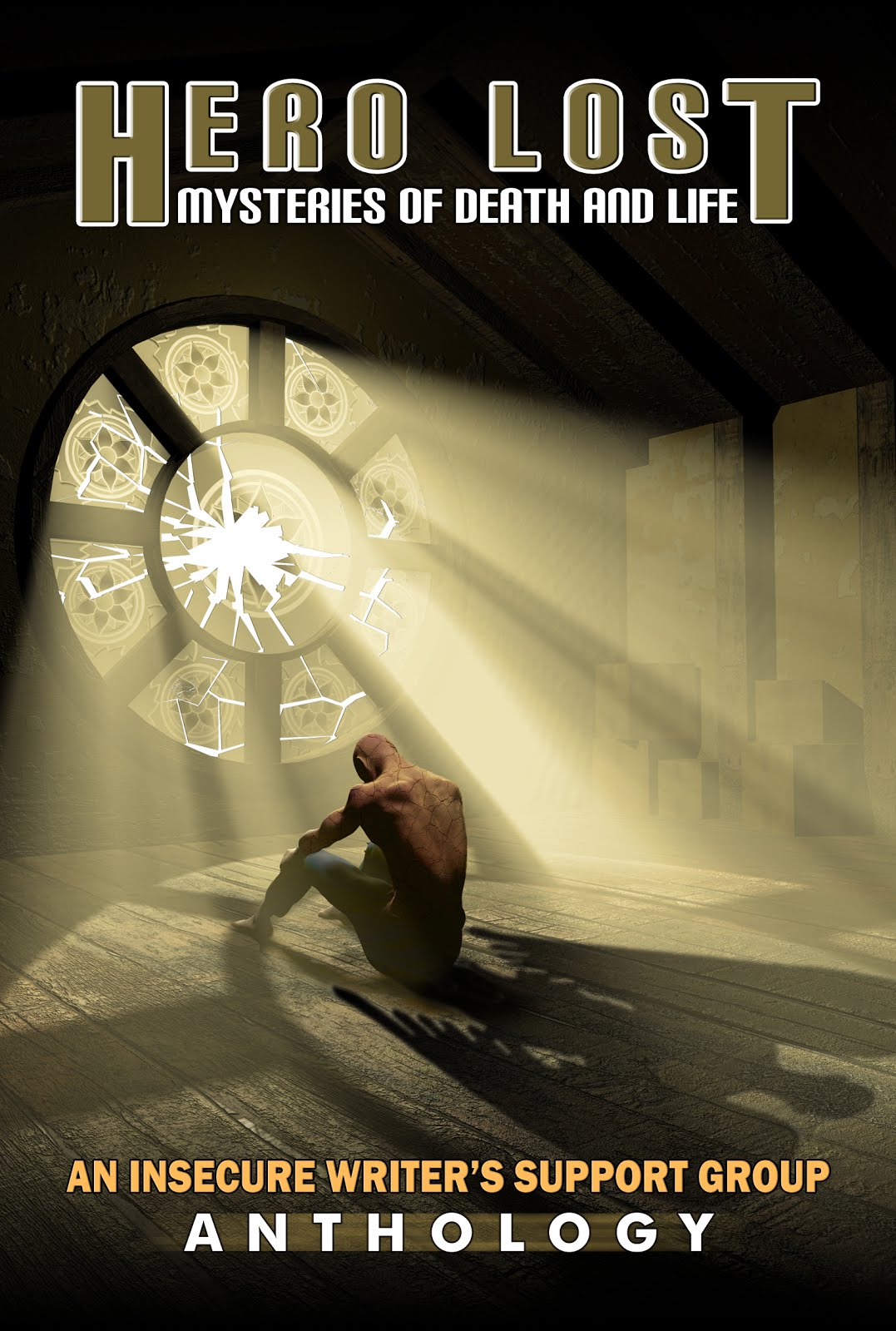This is my purgatory: a diner in New York City,
about half full with people, not too loud, not too quiet. A Wednesday evening
in late February. It’s about to start snowing, but no one will know this until
they leave. But here’s the problem: nobody can leave. And it’s because of me, because
I’m stuffed into a booth with my laptop trying to figure out what these people
should say. And since I can’t, we’re all trapped, doomed to stare at each other
for all eternity.
Fade in: the diner scene. The first turning point.
This may arguably be the most important scene in my story, where my characters
finally admit their attraction for one another and start figuring out what to
do from there.
Ok, so I’m not a screenwriter, but with the amount
of dialogue I use, maybe I should try. This has always been a problem for me. I’m
perfectly aware of this fact on my own, but of course I’ve been told this by
people on a teen writing website I used to frequent, college professors, or coworkers
who started my short story but never finished it (you know who you are!)
So I’ll just admit it. I, Sarah Anne Foster, am a dialogue
abuser.
Let’s backtrack to last March when I was having my
short story workshopped in my fiction class. I had already chopped down my
darling from the 38-page monster that it was down to a more reasonable 24 pages
that my fellow writers would be able to digest. And when it came time to
discuss the diner scene, like I had dreaded, the subject of dialogue came up.
The professor actually held up a page from this scene and compared it to another,
more prose-filled page, displaying how quickly the reader breezes through a
page of mostly dialogue. This would have been mortifying if I hadn’t been
expecting it.
Now while I wholeheartedly admit that I use too
much dialogue, I actually disagree with what the professor said next. He claimed
that when writing in first person past tense, it’s like you are actually
pulling from your memory and you wouldn’t remember exactly what was said. For
the most part, you should paraphrase. I really disagree with this. I don’t
think I’ve ever read a book in first person past tense that didn’t reveal
everything that the characters were saying like it was happening in real time. Sure,
paraphrasing can be great when you’re summarizing some boring dialogue, but the
important lines, I feel, should be there. It isn’t a memory, it’s a story. Even if it's in past tense, the reader needs to be in the moment.
Unfortunately, the amount of dialogue in this
scene wasn’t my only problem. It was also what was being said. The problem with
this scene can be summed up very well by a comment made by another student in
my workshop: “I’d love to be in the next booth.” Basically, my characters are
having a very (I mean, VERY, like could be construed as illegal) private conversation
in a very public place. The whole conversation was pretty over the top even if
the characters had been alone on the living room couch. I’ll spare you an
example. Enough mortal eyes have already been exposed to it for my liking. I’ve
eventually been able to justify the location to myself (just trust me) beyond
my own indulgence, but it comes with a condition. I have to tone it down.
So once my characters are discussing whether it’s
a good idea or not for them to have sex, this is the part where I should yell “CUT!”
Make my presence known and say, “All right, all right, rein it in, boys. You’re
being ridiculous.” But as usual, my dialogue tends to run amok. It’s like the
characters go on and on with their conversation and then turn and look at me
and say, “Oh, you’re still here?”
The hardest part is figuring out how to get my
characters to say things without actually saying them. Is it with gestures,
glances, uncomfortable silences? Do I write the whole scene in whispers? It’s a
grueling process, but I’ve come up with an interesting strategy: just keep
writing the dialogue. I’ll write lines and lines of it and then go back
and cut out half. I find if I get out everything that they could possibly
say, it’s easier to pick out what they actually should say.
So the solution to my dialogue problem? Just write
some more dialogue. Maybe take a break and order a cheeseburger. We’ll get out
of here eventually.







No comments:
Post a Comment